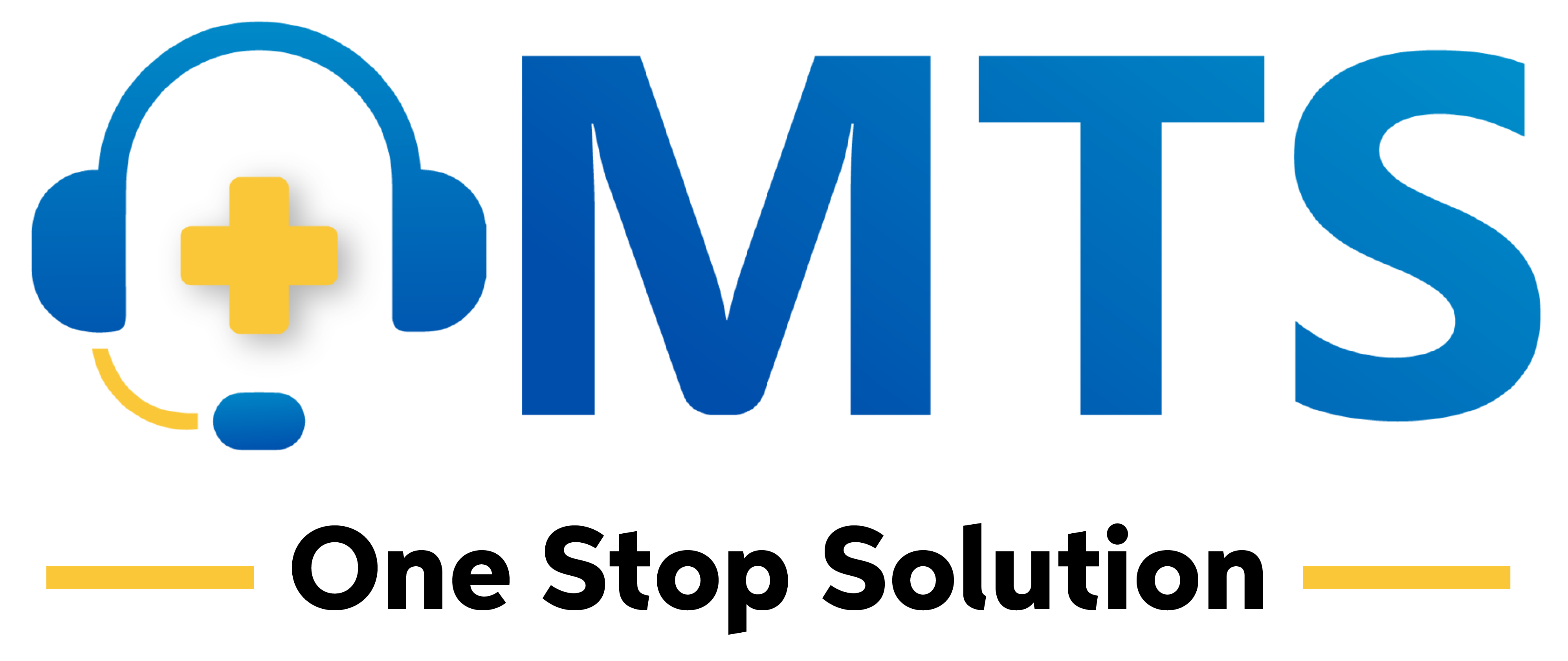One crucial step in your journey to medical school is writing a compelling personal statement. This narrative piece is not just a formality but a strategic opportunity to distinguish yourself beyond academic scores. It’s your platform to express why you are destined for a career in medicine and how your experiences align with this life-long commitment.
Essential Components for Your Med School Personal Statement
When considering what to include in your personal statement, think beyond just your motivations for pursuing medicine. The admissions committee seeks a holistic view of each candidate. This means discussing not only your dedication to healthcare but also highlighting the diverse interests and experiences that shape your unique perspective. It’s beneficial to consider writing help from experienced writers, like from writemypapers.org to ensure you’re presenting yourself as a well-rounded individual who’s not only focused on medicine but also enriched by other life experiences.
Structuring Your Medical School Personal Statement
I wished to know when I was applying how best to structure my personal statement to capture the attention of the admissions committee effectively. Start with your personal narrative: why did you choose medicine? What pivotal experiences confirmed this path for you? Delve into specific instances that showcase your resilience, empathy, and teamwork—qualities every physician needs. Don’t forget to address any academic anomalies or personal challenges that have shaped your journey, demonstrating your growth and perseverance. The goal is to weave these elements seamlessly, making you stand out as a master of the statements and not just another applicant.
Additional Guidance on Writing Personal Statement
Remember, your personal statement is your chance to speak directly to the admissions committee. Here are some pointers:
- Keep It Clear and Concise: Your statement should be engaging and easy to read. Avoid overcomplicating your language. The writing services can assist online in simplifying complex ideas without losing the essence of your message.
- Tailor Your Tone: Be professional yet personal. Share your story in a way that reflects genuine passion for medicine and shows who you are as an individual.
- Review Meticulously: Errors in spelling or grammar can detract from your statement’s impact. Make sure to proofread multiple times or get a second set of eyes to review your work.
By integrating these things into your personal statement, you ensure that it not only fulfills the technical requirements but also resonates with the admissions committee on a personal level, increasing your chances of admission.
